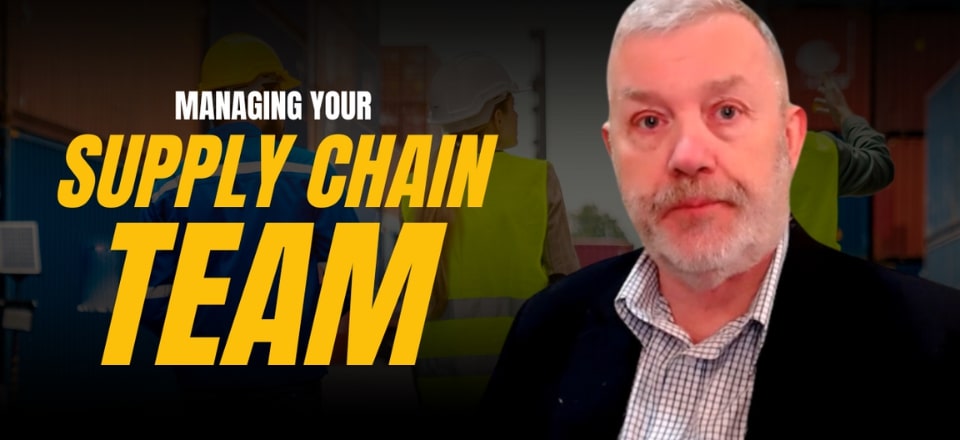This week’s episode delved into the intricacies of managing supply chain teams, featuring insights from an experienced leader with a 25-year career across diverse sectors like electronics, automotive, and pharmaceuticals.
The conversation provided a wealth of knowledge on effective team management strategies that can drive success in complex environments.
Discover the supply chain team management tips through the video below!
Situational Leadership in Action
A key takeaway was the situational leadership model, which emphasizes the importance of adjusting management styles to fit the diverse backgrounds and generational differences within a team. This approach allows leaders to assess individual readiness and capabilities, enabling them to tailor their methods accordingly. For example, when promoting a team member to a new role, leaders must offer more guidance and support as that individual navigates the transition. Leaders should also be prepared to shift their approach based on how team members respond, ensuring everyone can thrive.
Building a Culture of Feedback
We also discussed the significance of creating an open environment where team members feel comfortable sharing their ideas and feedback. This approach fosters collaboration and enhances team cohesion. I shared my practice of inviting feedback, which has strengthened trust within my team and led to improved performance and innovation. Emphasizing regular check-ins and creating safe spaces for discussions can lead to a more engaged and motivated workforce.
Addressing Underperformance
However, addressing performance challenges remains a critical aspect of leadership. The conversation highlighted the need for a thoughtful approach when dealing with team members who are not meeting expectations. Instead of making hasty decisions, it’s essential to explore options such as reassigning roles or providing targeted support to help individuals succeed. Understanding the root causes of performance issues is vital in maintaining a positive team dynamic and overall productivity. Encouraging open dialogue about challenges can reveal insights that lead to effective solutions.
This conversation underscored that effective leadership in supply chain management requires a blend of adaptability, open communication, and a commitment to developing each team member. By fostering a supportive environment, leaders can inspire their teams to thrive and achieve collective goals, ultimately driving success in their organizations. Investing in team development is not just a strategy; it’s essential for sustainable growth and innovation.
Related articles on this topic have appeared throughout our website, check them out:
- Women in Supply Chain – Imposter Syndrome – with Alma Arzate
- Top Tips For A Successful Supply Chain Career with Alma Arzate
- Supply Chain Coaching – What is it and Why Use a Coach with Trent
- 7 Key Supply Chain Leaders’ Skills and Why You Need Them
Editor’s Note: The content of this post was originally published on Logistics Bureau’s website dated October 16, 2024, under the title “Managing your Supply Chain Team: Interview with Alma Arzate“.


